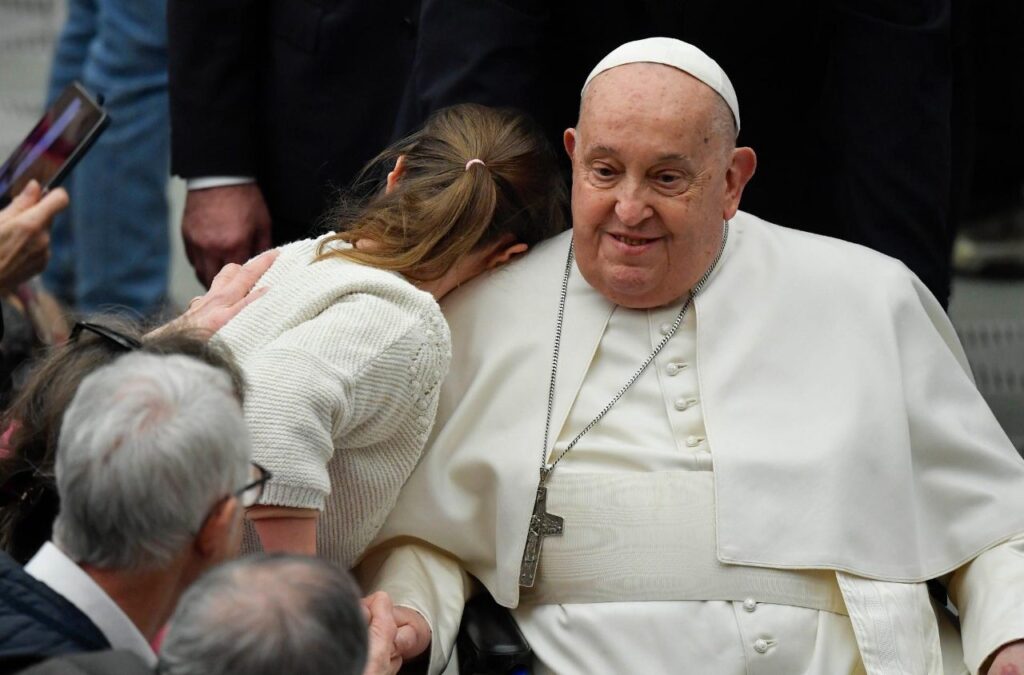Faith and reason, the two wings to contemplate the truth
The legacy of Saint Thomas Aquinas

In these times, Saint Thomas Aquinas (1224 / 25-1274) is, especially, put on stage: last year, 700 years since his canonization; This 2024, 750 years since his death; 2025, 800 years since his birth. His Summa Contra Gentiles and the Theological Summa are well known, the latter being prepared for beginners, as was his intention. I found reading the Introduction to Thomas Aquinas: Twelve Lessons (Rialp, 2021) by Josef Pieper (1904-1997) invigorating. A fresh, clear reading that gives complete information about the environment and thought of Thomas Aquinas. One of the most pleasant introductions I have read by the philosopher, theologian, teacher, mystic, saint, and doctor of the Church.
Thomas Aquinas developed his thought in a time marked by the great movement of evangelical poverty and the appearance of Aristotle. His work was carried out at the University of Paris, where theology and philosophy were cultivated with the greatest teachers of the time. A university dedicated to the study of reality in its entirety, where coincidences and discrepancies are aired through the disputatio, whose starting point is the attitude of listening to understand the arguments under discussion. In this regard, Pieper points out that “no one was allowed to immediately respond to an objection from his interlocutor; Rather, he had to first repeat the opposite objection in his own words and expressly make sure that the other had meant exactly that.” A method and an attitude that would do a lot of good to the world of networks and the political scene, so often full of grievances and short on ideas.
The Bible and Aristotle were taken up by Thomas Aquinas in his arduous intellectual work. “The truth must be effective by itself, with the intrinsic force it has and not by a force foreign to it.” Hence, the common doctor does not stay with the historical Aristotle, but rather seeks in him lights to illuminate the truth. “Philosophical arguments, says Thomas, are valid, not because of the authority of those who say it, but because of what is said,” insofar as they reveal aspects of reality. According to Saint Thomas, indicates Pieper, neither God nor things are impossible to know. On the contrary, they are so knowable that we can never complete the enterprise of knowing them (…). Hence, there is a certain distrust when someone appears with the claim that he has definitively discovered the formula of the world. “isms” tend to move in this field, improperly claiming for themselves the monopoly of politically correct discourse. Openness to other people’s opinions and respect for the interlocutor can be clearly seen in the works of Thomas Aquinas.
God, Thomas Aquinas indicates, is the same Subsistent Being, whose essence is responsible for being the pure act. And Pieper emphasizes that “the content of the essence is not, therefore, primarily decisive; Decisive is the brief but unfathomable fact by which a possible man is distinguished from a real man. Naturally, there is a range of existing entities, according to the richness of content of the essence, according to the perfection of the essentia. What is decisive is the actus, the simple act, the factual realization of the essence, esse est illud quod est intimum cuilibet et quod profundius omnibus inest, being, the act of being, is the most intimate of all beings and what is more deeply immersed in them.” Existence, act of being, rich fields to think over and over again.
Thomas Aquinas invites us to look with a transcendent sense at the created reality in an attitude that unites body and spirit, desire for bread and desire for God, because he knew how to combine faith and reason, the two wings that lead us to contemplate the truth, in words of Saint John Paul II.
Related

Divine Mercy, the Small and the Great
José María Montiu de Nuix
27 April, 2025
5 min

Reversing Social Deterioration: A Task That Begins in Business Management
Alejandro Fontana
25 April, 2025
4 min

The Revolution of Tenderness
María Elizabeth de los Ríos
25 April, 2025
3 min

His Hope Does Not Die!
Mario J. Paredes
24 April, 2025
6 min
 (EN)
(EN)
 (ES)
(ES)
 (IT)
(IT)

